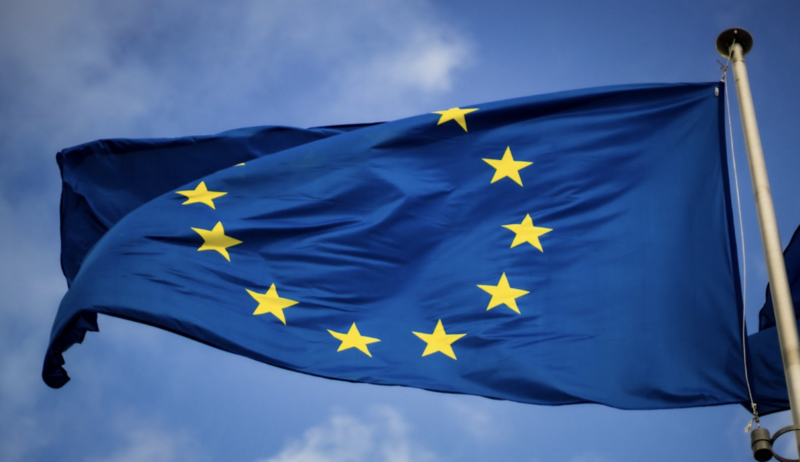The EU is once again leading the charge on regulating tech, this time with a new set of rules for AI businesses.
What happened: The European Union has reached a deal to establish the world’s most comprehensive AI legislation to date, including strict regulations for AI model developers and restrictions on the use of AI in biometric surveillance.
- The AI Act will require new models to meet a series of transparency obligations, including a detailed summary of the content and data used to train the model.
- The legislation will also ban the use of AI in biometric surveillance—with a few exceptions for law enforcement—as well as AI systems that use biometric data to categorize people based on their political, religious or philosophical beliefs.
- Companies that break the new laws will face fines of up to 7% of global sales.
Why it matters: Given the EU’s track record as a first-mover in tech regulation, the law could become a blueprint for other countries' AI regulation efforts.
- Many countries, including Canada, have modelled their own privacy and data regulations rules on elements of the EU’s GDPR rules.
Zoom out: The law has global implications. Any company in the world that collects and processes European residents' data through an AI system will have to comply with the rules, including all the major industry players like OpenAI, Google and Microsoft.
Yes, but: The rules won’t take effect until 2025 at the earliest, and with AI developing at the rate it is, there is a risk that the rules will already be out of date by then.—LA
